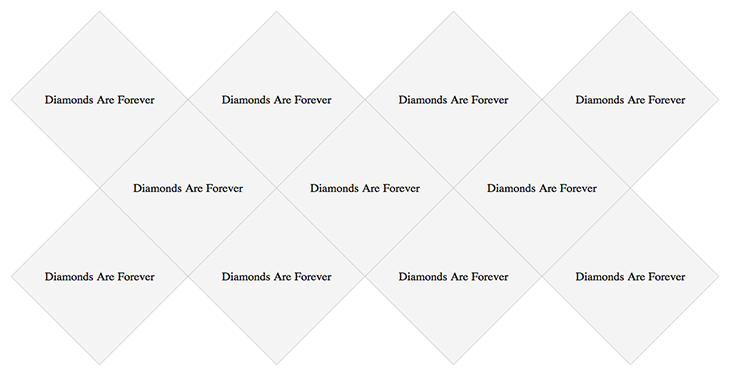CSS Vocabulary
Viewing entries tagged
CSS
CSS Vocabulary
CSS is a very powerful stylesheet language that lets you take control of the look and feel of a site. It provides efficiency in design and updates. But coding from scratch is always tough. Thankfully, you can find many little helpers which usually cover a few features to make coding CSS easier.
I gave it a go and it turned out to be much easier than I firstly expected. No weird cross browser issue, no dirty hack and mostly just plain ol' good CSS. But you may want to give it a try, don't you?
Hammer for Mac is an application which assists in the development of static websites. It has many features to improve your workflow, but today we're specifically going to take a look at what it can do for our CSS.
Let’s build (virtually) a computer. Not just any old computer, but a computer that was, for many of us, an introduction into the world of Apple. The Macintosh Plus, codename Mr. T, was first introduced in 1986 and packed a whopping 1MB of RAM and an 8 MHz processor. Aside from all that raw power, it was a seriously cute design, which made the computer more fun to use.
If you want to play with native Web Components I'd recommend using Chrome Canary, since it has the best support. Be sure to enable the following settings in chrome://flags.
Chris Pattle has recreated The Simpsons' most popular characters in markup alone - and the results are stunning! Find out how he did it...
You can customize it know.
Sass is a great way to speed up front-end development in general, I use it in every one of my projects. Sass (as with all other preprocessors) allows for nested styles, functions and prewritten code in what are called mixins. Foundation has a few different versions, currently we've covered the most common HTML/CSS variants, but now let's talk about a version built on Sass.

Introduce some automated CSS testing into your workflow for more time making and less time checking. Simon Madine explains how to get started

The website looks gorgeous on computers with super–high-resolution displays because it includes a high-resolution version of the main image. Delivering that image file doesn’t come cheap, though; its 1940 × 1229 pixels make the image 446 KB in size after compression.

It's amazing what can be done with CSS these days. Support for the latest CSS3 properties is strong in the latest versions of all the major browsers - even Internet Explorer - and the possibilities for typography, animation and interactivity have never been greater. But finding web design inspiration can be tricky.

Designer Dave Shea has announced the return of CSS Zen Garden, to coincide with its tenth anniversary.

With the continued adoption of advanced CSS by browsers, we are starting to have the ability to do more and more using just CSS. As we have seen, you can make all kinds of crazy shapes with only CSS. On a recent client project, the designer challenged me with a grid of diamonds.
This article is a pretty basic one, but it’s aimed at developers struggling to shake the idea that classes in your HTML are somehow a bad thing. Quite often, developers new to OOCSS find it hard to transition from adding no classes to anything to adding as many as you need (i.e. a lot more than you were).
Useful one!

You don't have to be a web design expert to appreciate this animated model of the solar system, another one of the best examples of CSS we've found.

If you’re a fan of CSS preprocessors, then you know that despite their usefulness, they can be a bit of a pain to work with at times. Most of them require some sort of Terminal voodoo to compile, which immediately scares off a good portion of potential users. As always, the Mac development community has come to the rescue with some amazing tools that completely take the effort out of the process. Follow along as we take a look at five great apps that will help you work with LESS, Sass, Stylus and even some non-CSS languages like CoffeeScript and HAML.
Usefull Tips